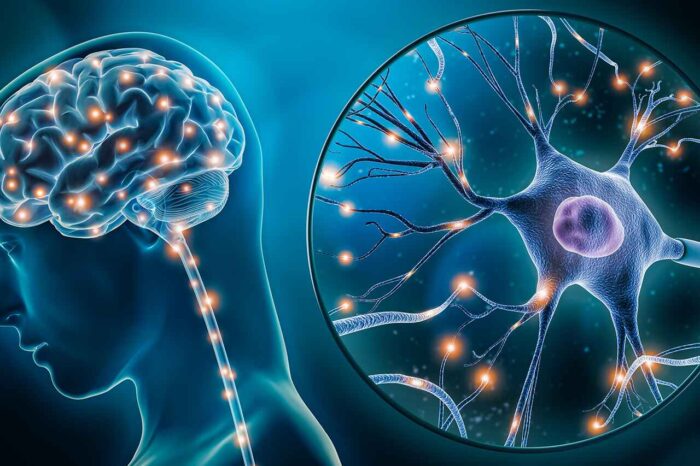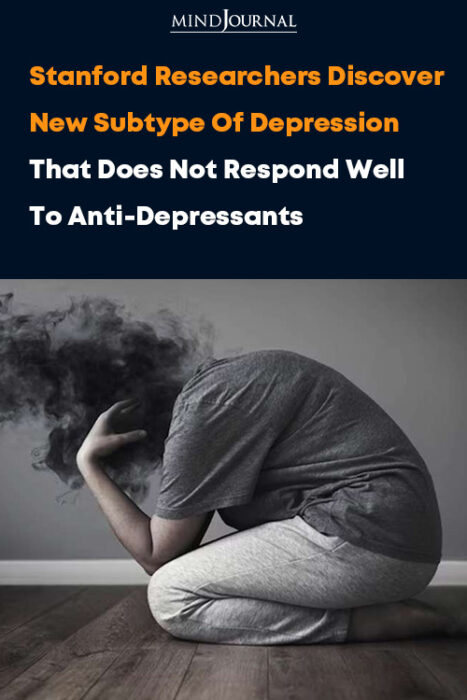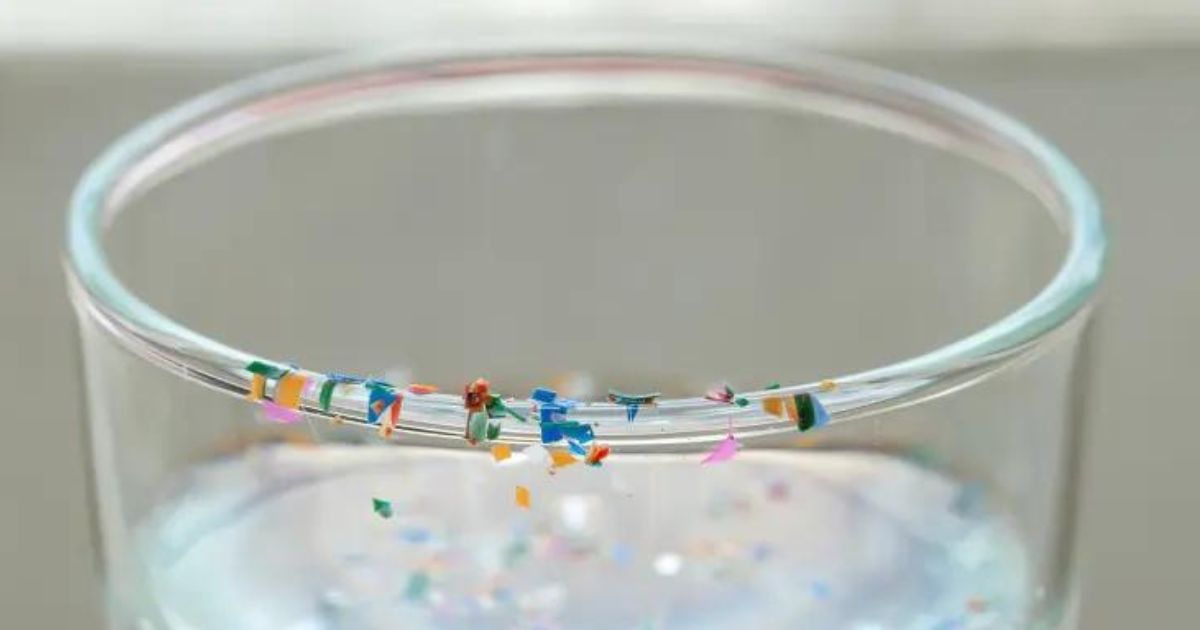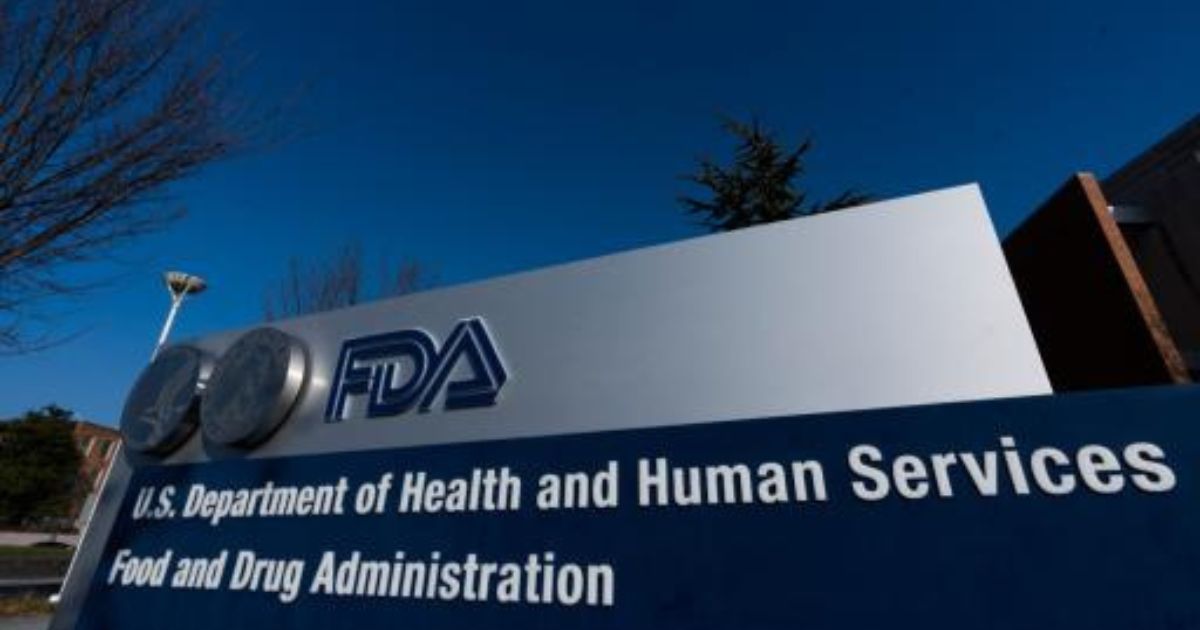Researchers at Stanford Medicine have uncovered a new subtype of depression called the “cognitive biotype,” impacting around 27% of those with depression. Unlike conventional antidepressants, this subtype doesn’t respond well to serotonin-targeting medications.
Using different medications could be the solution to address these cognitive issues, potentially helping to identify and diagnose depression while bringing back regular daily functioning.
Study To Understand New Subtype Of Depression
The study, recently published in JAMA Network Open and led by Dr. Leanne Williams, introduces an innovative approach in the quest for depression treatment that aligns with individual characteristics.
Traditionally, the treatment of depression has been a trial-and-error process, often prescribing the same medications regardless of individual variations. Dr. Williams emphasized that the objective cognitive measures utilized in this study, such as brain imaging, are poised to diversify and enhance treatment strategies.
The study encompassed 1,008 adults grappling with untreated major depressive disorder.
Read more here: 15 Common Cognitive Distortions That Twist Your Thinking
These participants were administered one of three widely prescribed antidepressants: escitalopram, sertraline, or venlafaxine-XR. Cognitive assessments, depression research , depressive symptom surveys, and evaluations of social and occupational functioning were conducted before and after the eight-week treatment regimen.
Cognitive tests encompassing areas like verbal memory, working memory, decision speed, and sustained attention were carried out before and after treatment.

Moreover, functional magnetic resonance imaging (fMRI) scans were performed on 96 participants before treatment. The scans captured neuronal activity as participants engaged in the ‘GoNoGo’ task, highlighting brain region activity corresponding to responses.
Following the treatment, the study revealed that across all three administered antidepressants, the remission rates, indicating the absence of general depression symptoms, stood at 38.8% for individuals exhibiting the newly identified biotype. In contrast, those without the biotype showed a higher remission rate of 47.7%.
This discrepancy was particularly pronounced in the case of sertraline, where the remission rates for individuals with the biotype and those without it were 35.9% and 50%, respectively.
This discovery signifies a pivotal breakthrough in tailoring treatment to specific depression subtypes, offering renewed hope for swifter and more effective recovery.

The depression research study’s findings revealed distinct cognitive depression symptoms, here are some of the cognitive depression symptoms mentioned below
- Cognitive slowing
- Insomnia
- Impaired cognitive function
- Difficulties in planning
- Reduced activity in specific frontal brain regions
This discovery of the new subtype of depression signifies a pivotal breakthrough in tailoring treatment to specific depression subtypes, offering renewed hope for swifter and more effective recovery.
Stanford Researchers Pursue Targeted Depression Treatment For Cognitive Biotype
The Stanford Center for Precision Mental Health and Wellness, led by Dr. Leanne Williams, and the Stanford Translational Precision Mental Health Clinic, directed by Dr. Hack, are collaborating to investigate the potential of guanfacine, a medication aimed at the dorsolateral prefrontal cortex.
Read more here: Understanding Depression With Beck’s Cognitive Triad
This innovative approach is supported by the Stanford University Innovative Medicines Accelerator, offering new avenues to diagnose depression and for more effective treatment among patients with the cognitive subtype.
Williams and Hack have plans to initiate studies involving individuals with the cognitive biotype. These studies will involve a comparison of various medications alongside interventions like transcranial magnetic stimulation (TMS) and cognitive behavioral therapy.
TMS employs magnetic fields to activate nerve cells, while cognitive behavioral therapy equips patients with problem-solving techniques to combat negative thoughts, address emotional challenges, and enhance social and occupational functioning.









Leave a Reply
You must be logged in to post a comment.